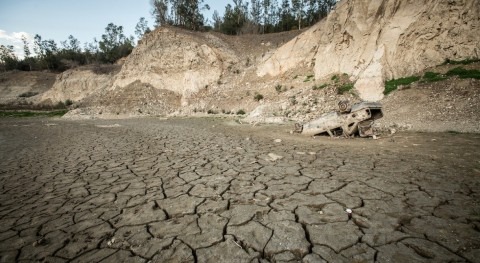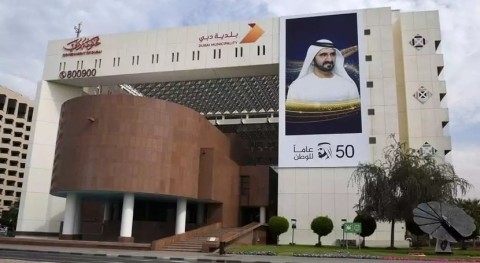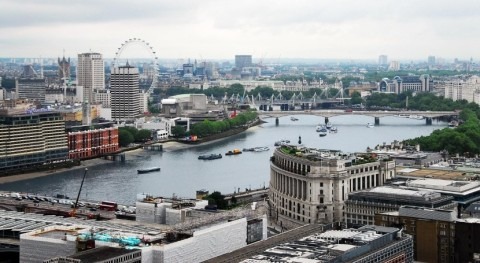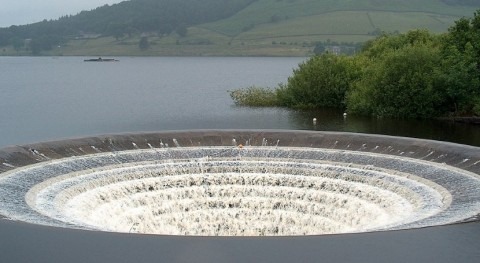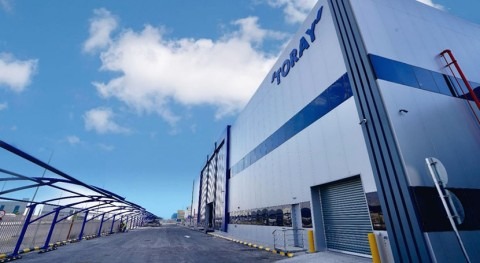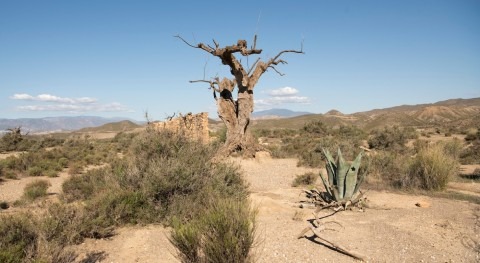Cyprus is taking urgent measures to confront a mounting water crisis, with the arrival and deployment of mobile desalination units from the United Arab Emirates, reports Philenews. The intervention comes as the island grapples with an extreme drought, critically low dam reserves, and the malfunction of a key desalination facility in Paphos province.
The authorities are implementing emergency measures in Paphos, where water shortages have become acute. A total of 13 mobile desalination units from the UAE arrived on Saturday aboard the Princess Nabiha as part of an emergency plan to safeguard the country’s water supply. Installation commenced Monday.
The UAE is expected to provide a total of 14 mobile desalination units under a bilateral agreement, boosting Cyprus’s daily production capacity by approximately 15,000 cubic metres
"This shouldn’t make us complacent. People must still use water sparingly," stressed Agriculture Minister Maria Panayiotou. She publicly thanked the UAE for its swift and generous response, noting the units were delivered "within a matter of weeks."
The UAE is expected to provide a total of 14 mobile desalination units under a bilateral agreement, boosting Cyprus’s daily production capacity by approximately 15,000 cubic metres. The units were supplied free of charge and are viewed as a pivotal addition to the country’s drought mitigation strategy.
The coastal province of Paphos faces the most critical shortages following the malfunction of the permanent desalination plant at Kouklia, which previously produced 15,000 cubic metres of potable water daily. A temporary unit with a capacity of 1,350 cubic metres per day will be installed at the same site. Meanwhile, a second, larger mobile unit in Kissonerga with a 10,000 cubic metre capacity is expected to be operational by September.
Additional smaller units with a combined output of 2,000 cubic metres per day are scheduled to come online by July to help meet peak summer demand. Despite these reinforcements, authorities warn the situation remains fragile.
“This water year is characterised by worryingly low adequacy,” officials said, with the 18 largest reservoirs on the island currently just 21.7% full. The Water Development Department estimates that Paphos province will require 9.15 million cubic metres by year-end, with maximum daily demand reaching 43,000 cubic metres.
The Kouklia plant is projected to resume operation by August, but until then, boreholes and treatment plants in Anarita and Kannaviou are bearing the load. A 30% reduction in irrigation water has been enforced across the province, and golf courses will receive only 30% of their approved 2024 allocations.
Water supply cuts remain a contingency, with plans in place for short-duration shutdowns coordinated by local government. Households are urged to rely on rooftop storage tanks during potential interruptions.
In Limassol, where water demand peaks at 96,000 cubic metres daily, 12 mobile desalination units will be fully installed at Moni by the end of June, along with two additional units planned for Garylli and the port area. The Water Development Department intends to restrict extraction from the Kouris dam to safeguard reserves for future use.
Cyprus’s reliance on desalination has grown significantly in recent decades due to falling rainfall. While the UAE’s support offers short-term relief, authorities continue to call for collective responsibility.
"Even the most comprehensive plan could collapse without restricting wasteful consumption," warned officials.





